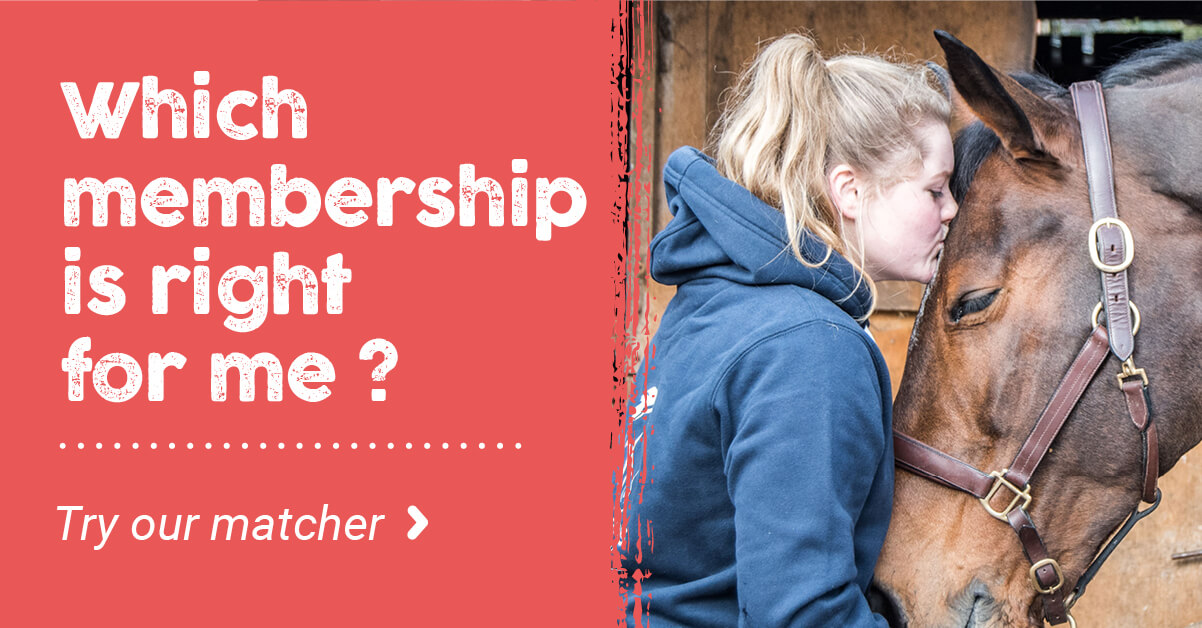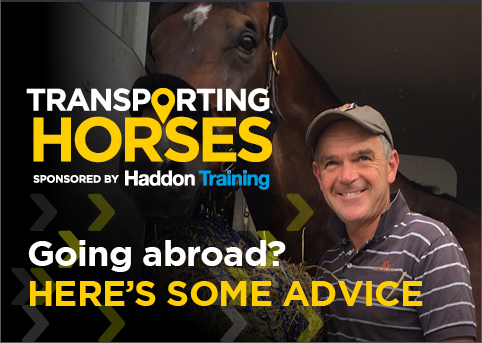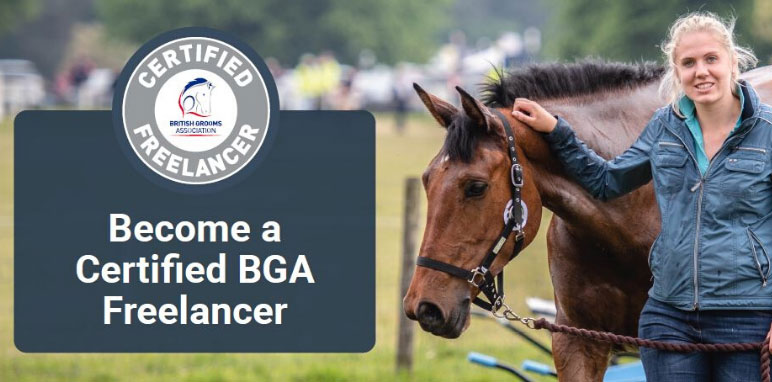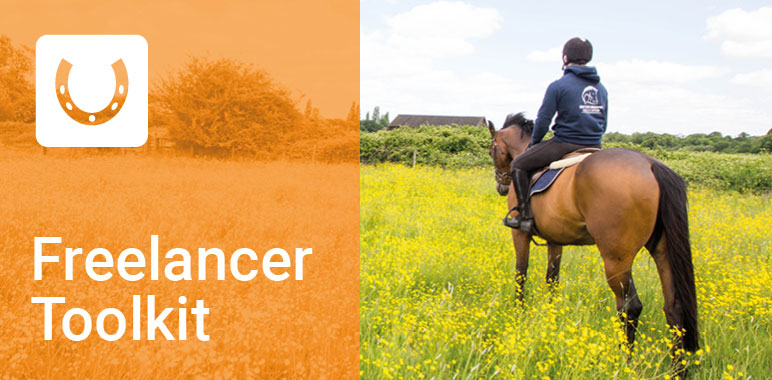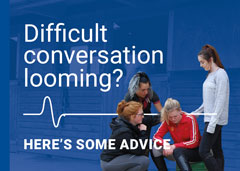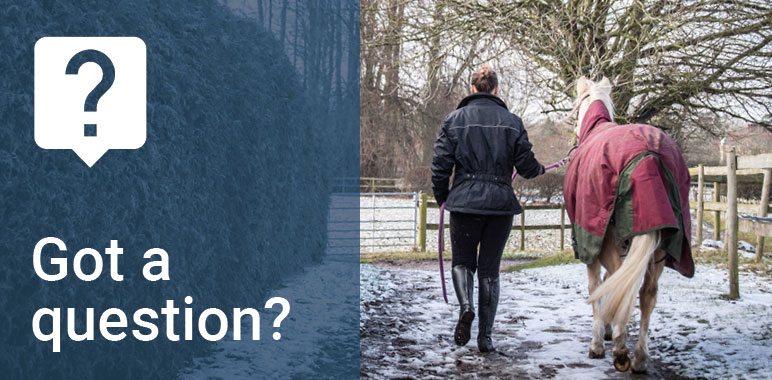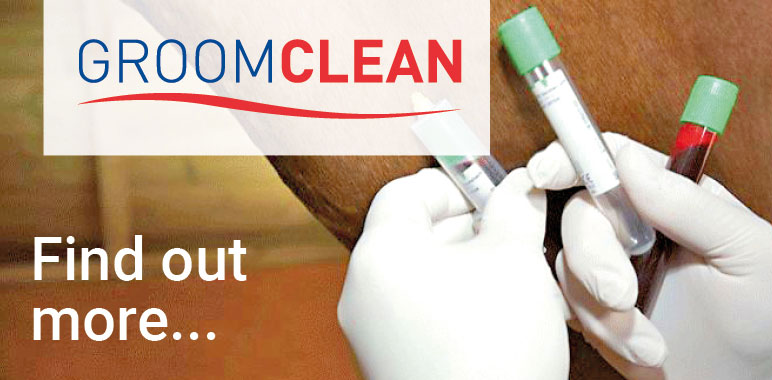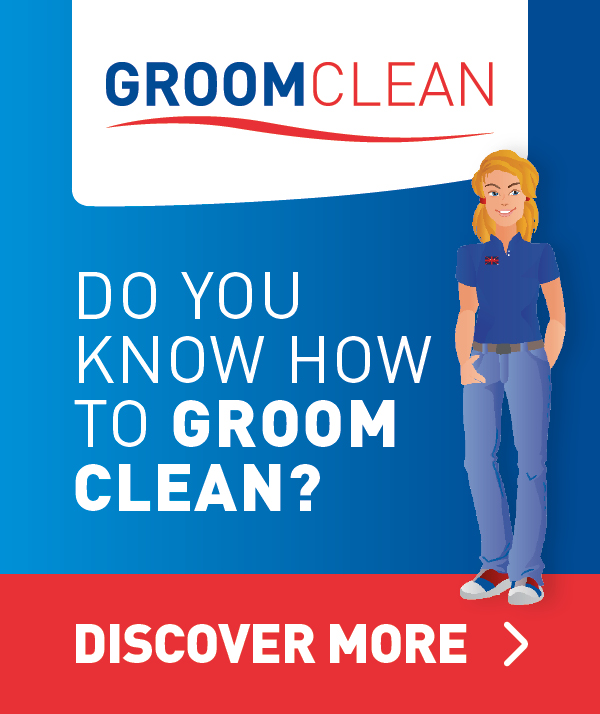- Join Now
- Login
- Member Zone
- Your Career
- Freelancing
- International Grooms Association
- BGA Training
- Healthy Yard Healthy Horses
- Transporting horses
- Brexit
- Safe workplace
- Student Zone
- Member Discounts
- BG Magazine
- Member services
- Training & Careers
- BGA CV Creator
- Horse groom training
- Where to Train
- BGA E Learning
- Career choices
- Change to Racing
- First Aid training for grooms
- Parents
- Grooms Jobs
- Grooms Life
- About
- News
- Contact

Equine Career Choices
your equine Career Choices
There are many different industry sectors that you can work in as a groom. Your equine career with horses might see you start in one area and then move into another, or some grooms remain with a sport or even the same employer for the whole time they work with horses. There are pros and cons of each:
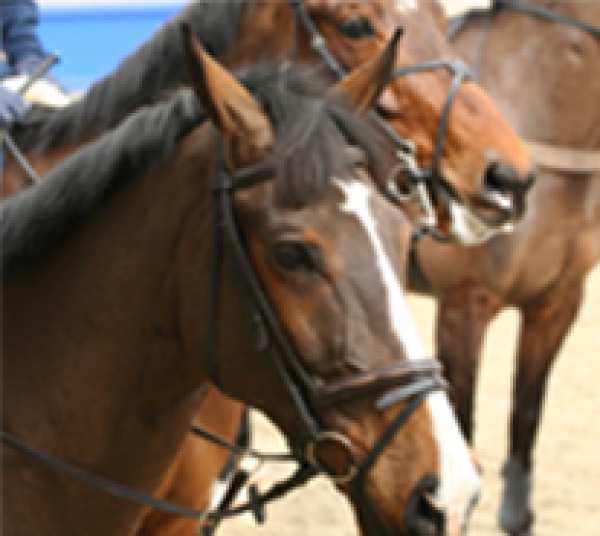 |
ShowingShowing is extremely competitive and popular in UK with both a summer and winter season. There are over 500 shows in the UK each year and extensive travelling is involved when you are a showing groom. |
 |
PoloPolo is played in more than 77 countries. The UK season runs from April to September. There is no height limit but most 'ponies' are approx 15.2hh. There are good opportunities to work all over the world within this job especially in South America. To learn more visit the Hurlingham Polo Association |
 |
DrivingCarriage driving trials consist of dressage, marathon and cones. Horses and ponies may be driven as singles, pairs, in tandems or teams. An assistant (often the groom) sits on the back step of the carriage, and driving grooms are an essential part of the team. Good flat work and long-reigning skills are required at home, and high standards of turnout of both horses and harness are essential. To learn more visit British Carriage Driving
|
 |
HuntingThe season runs from September to March with between two and four meets a week. Preparation of hunt horses starts in the summer with plenty of hacking and fittening work. Hunting is steeped in tradition and excellent standards of turnout are paramount. Plans of where second horses need to be can often change, and so effective organisational skills and good communication are essential. To discover more visit the Master of Foxhounds Association
|
 |
Horse RacingThe racing seasons run throughout the year but the majority of the major flat races take place in the summer and the major jumps meetings in the winter. The working day is a very early start until lunch with the afternoon off before starting evening stables. An excellent wage and career structure are in place in within the industry, and the staff benefit from a share of winning pool money - which can be a considerable bonus in very successful yards. To discover more visit Careersinracing.com
|
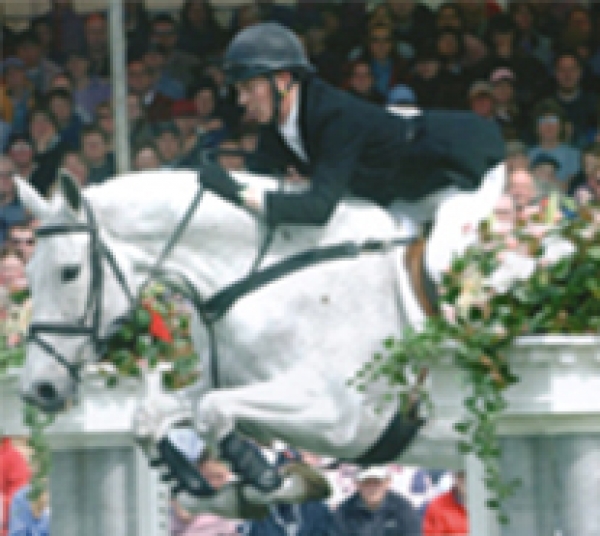 |
Show JumpingTo work in this area you must have good stamina and enjoy lots of excitement. The show season is all year round and regularly results in a very long day due to the size of the classes at a show. It is a very social sport with a very exciting show circuit for the showjumping groom.
|
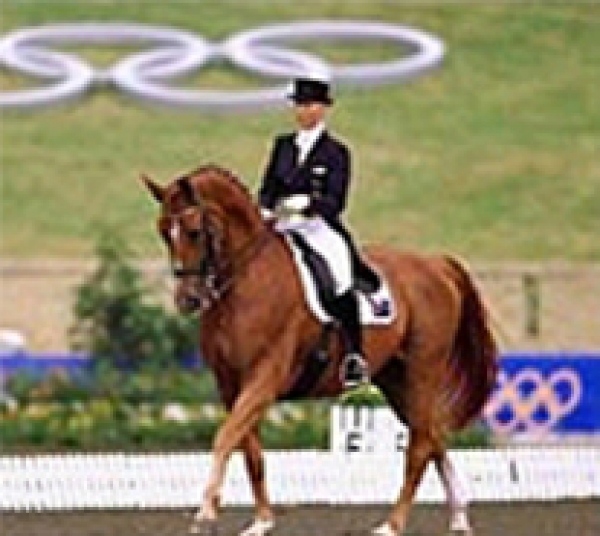 |
DressageThere is often plenty of opportunity for riding when you work at a yard that specialises in dressage. However, the riding standard is often fairly high, so expect to only train the horses if you are experienced. The competition season runs all year round for a dressage groom.
|
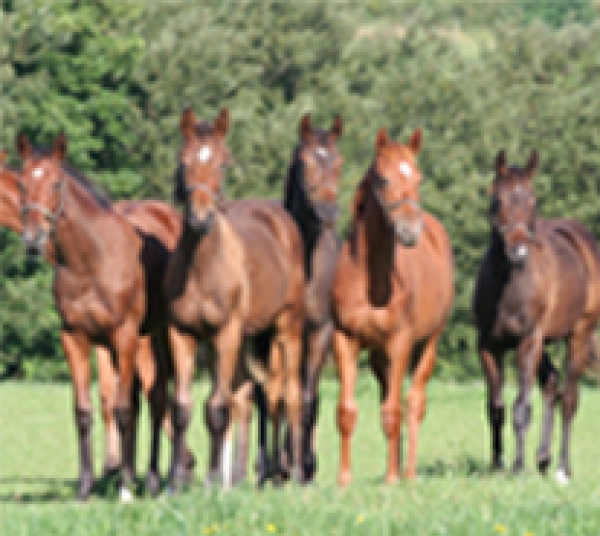 |
Stud WorkWork areas on stud farm include stallion handling, mares and foals, and sales preparation, particularly on thoroughbred breeding establishments. The foaling and covering season starts in January and runs through to mid June. Not many opportunities for riding, but lots of possibilities to see foals being born and to work with young-stock from birth through to three year olds. Studs are located all over the UK, and will usually have either a breed or type of horse speciality, so it is worth researching any areas that are of particular interest.
|
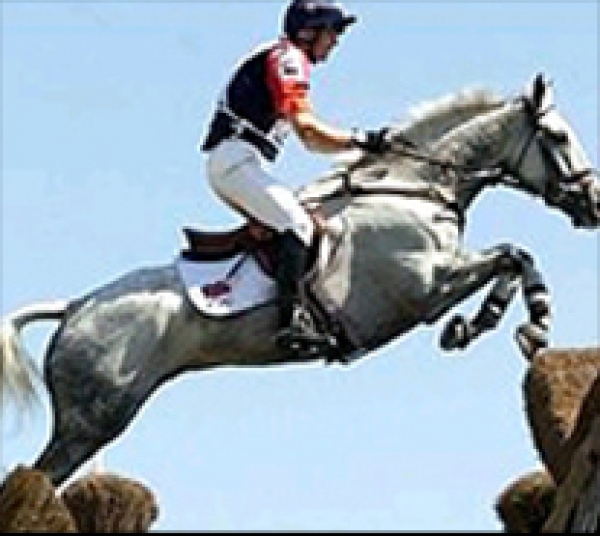 |
EventingCombining the three disciplines of dressage, cross country and show jumping into one competition, makes working in this area fun and varied for an eventing groom. Expect to work long hours, but this is an extremely rewarding sport to work in, with plenty of riding often available.
|
What the personal accident policy covers you for:
- Whilst at work
- All stable duties – mucking out, grooming, washing off, turning out
- Clipping
- Riding – including hacking and jumping
- Hunting
- Lunging
- Breaking in
- Holding horse for a vet and other procedures
- Travelling horses both in the UK and abroad
- Competing in line with your job including: jumping, dressage, eventing
- Injuries that may happen to you whilst you are teaching - but you must also be grooming as part of your duties and not be a sole instructor
What the personal accident policy doesn’t cover you for:
- Riding in a race, point to point or team chase
- Stunt Riding
- Accidents occurring whilst travelling to and from work
- Riding and competing your own horse (but you can upgrade when applying for membership to include this)
- Public Liability – this is a separate insurance policy - the Freelance Groom Liability Insurance
- Care Custody and Control – this is a separate policy - the Freelance Groom Liability Insurance
If you require additional cover then please contact KBIS directly.
| GROOM | RIDER | EMPLOYER | |
|
When you are working for other people you do most of the following; muck out, turn out/catch in, tack up, groom horses, exercise Horses (including hacking, jumping and schooling), in the care of your employer/client. |
|
|
|
| Predominantly ride horses for other people including schooling, exercising and competing. | NO |
YES |
YES |
| Provide grooming services for someone else either full time or on a freelance basis i.e. an employer or a client. | YES |
NO |
NO |
| Employ staff – have an employers liability policy in your name | NO | NO | YES |
| Buy and sell horses | NO | YES | YES |


